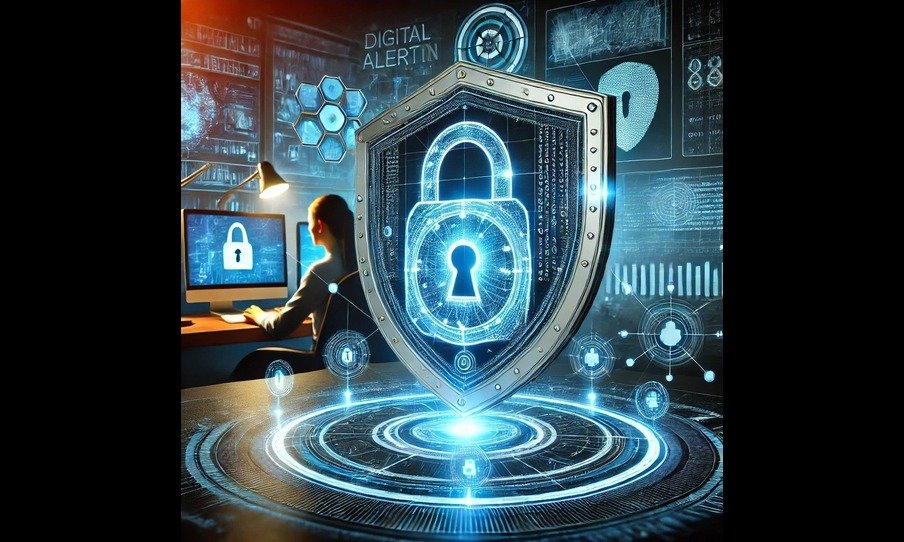The Architects of the Present and Future Cybersecurity

The Architects of the Present and Future Cybersecurity
Cybersecurity has become an essential aspect of our everyday lives in today’s digital world. The risks to online security have increased along with technological advancements. The architects who create and safeguard the digital infrastructure of companies, governments, and private citizens are cybersecurity specialists. These professionals make sure that hackers and cybercriminals cannot access our private information, financial transactions, or personal data.
The Function of Cybersecurity Professionals
Professionals in cybersecurity put in endless effort to protect against online dangers like ransomware, malware, and phishing scams. Among their duties are:
Risk assessment is the process of locating possible weaknesses and security threats in systems and networks.
Implementing security involves setting up firewalls, antivirus programs, and encryption tools to safeguard private information.
Monitoring and Reaction: Constantly keeping an eye on systems for questionable activity and reacting to security lapses.
Education and Awareness: Teaching people and staff the best cybersecurity techniques to fend off intrusions.
Current Cybersecurity Challenges
Cybersecurity now faces many obstacles, such as:
- Increasing Cyberthreats: Hackers are getting more adept at breaking into security systems by employing cutting-edge techniques.
- Lack of Trained Professionals: Although there is a great need for cybersecurity specialists, there is a shortage of qualified personnel.
- Remote Work Vulnerabilities: Businesses must secure remote networks and devices as more employees work from home.
- Data Privacy Issues: In order to protect user information from breaches, businesses must abide by data protection laws.
Cybersecurity’s Future
Cybersecurity will continue to change as technology develops. The following significant trends will influence cybersecurity in the future:
- Machine learning and artificial intelligence (AI): AI-powered security solutions will aid in more efficient cyberthreat detection and prevention.
- Zero Trust Security Model: This strategy lowers the risk of cyberattacks by making sure that no user or device is trusted by default.
- Blockchain for Security: By offering a tamper-proof record of transactions, blockchain technology can improve security.
Although it is still in the early stages of development, quantum computing has the potential to transform encryption techniques and increase the security of data.
